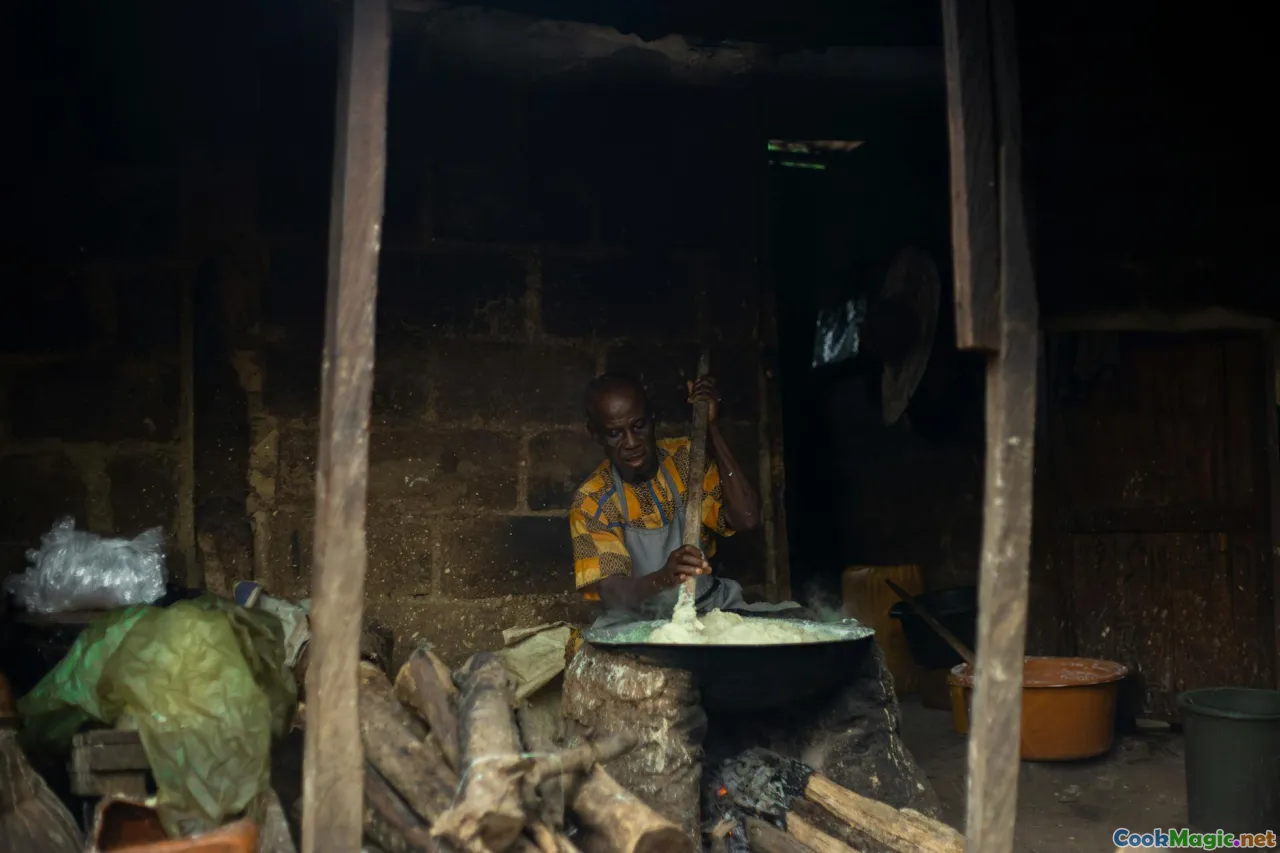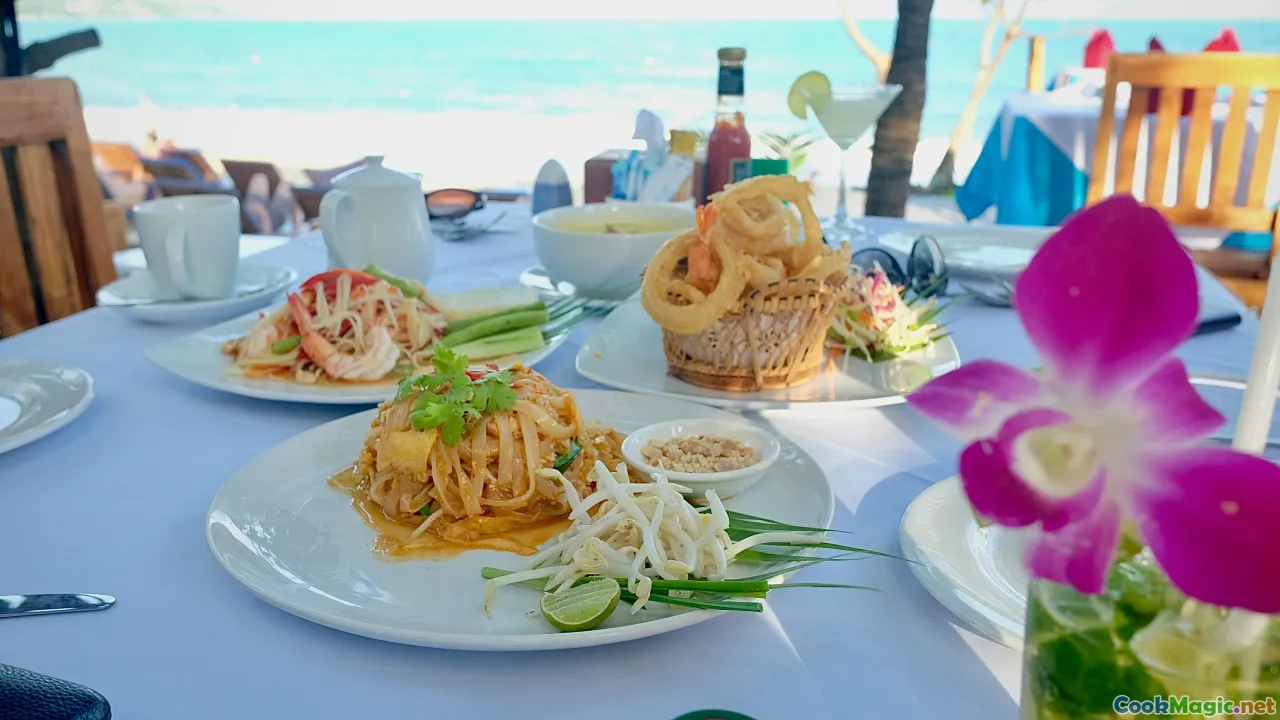The Influence of African Cuisine in the Bahamas
4 min read Exploring how African culinary traditions have shaped and enriched Bahamian cuisine through history and flavors. August 21, 2025 00:05
The Influence of African Cuisine in the Bahamas: A Culinary Connection Beyond Borders
Stepping onto the sun-drenched shores of the Bahamas is like walking into a living mosaic of cultures, histories, and flavors. Among the many threads that weave this vibrant tapestry, one of the most profound and delicious is the undeniable influence of African cuisine. As I wander through bustling markets, savor spicy stews, and listen to storytellers recount ancestral tales, I realize that Bahamian culinary identity is an exquisite dance between its native roots and the echoes of Africa—an enduring legacy seasoned with history, resilience, and an inseparable love for bold, soulful flavors.
The Roots of Bahamian Food: An African Foundation 
The culinary scene of the Bahamas is a testament to the potent legacy of African influence. Historically, the islands were a melting pot where enslaved Africans brought culinary techniques, ingredients, and cooking methods that would transform local foodways. From the rudimentary yet flavorful dishes to sophisticated stews and baking techniques, this influence remains palpable.
Many Bahamian staples—like peas 'n' rice, conch fritters, and even the fiery hot sauces—trace their origins directly or indirectly to African traditions. For example, the use of ground spices like cayenne pepper, alligator peppers, and Scotch bonnet chiles reflects African flavor profiles revered for their heat and depth.
The Significance of Seasonings and Spices
African palates have historically favored bold, complex seasonings, and this genetic trait found fertile ground in the Bahamas. The Caribbean’s love for pungent, spicy flavors draws directly from West African spice trade influences. Dishes such as grabber—a hearty, spicy chicken stew seasoned with Scotch bonnet peppers—and fry fish with a marinade of garlic, lime, and alligator peppers showcase an African-born approach to seasoning.
I remember sitting in a local Bahamian kitchen, watching a cook sprinkle crushed alligator peppers into a pot of simmering seafood. The fiery aroma that filled the air was unmistakable—a potent reminder of African kitchens where similar condiments have been used for generations.
Unique Bahamian Dishes That Have African Origins 
Many dishes considered











